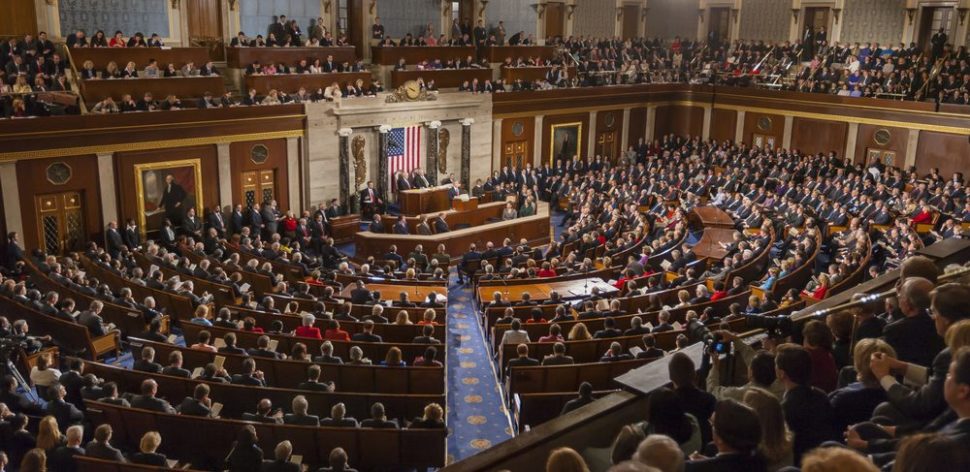A U.S. federal judge ruled that a local politician violated the First Amendment rights of a constituent she banned from her Facebook page.

The ruling in this case prompts some to wonder whether the blocked users from more high-profile social media accounts, such as U.S. President Donald J. Trump’s Twitter account.
Politicians Can’t Block Constituents
Brian C. Davison, the plaintiff in the case, sued the chair of the Loudoun County Board of Supervisors, Phyllis J. Randall after she deleted his comment on her Facebook page and blocked him.
The defendant created a Facebook page as a medium to keep in touch with her constituents. In her own words she wrote, “I really want to hear from ANY Loudoun citizen on ANY issues, request, criticism, compliment, or just your thoughts.” in a post on her Facebook page.
In response to her request, Davison also took to the page to accuse the Loudoun County’s School Board of being corrupt.
Feeling offended by Davison’s comment, Randall deleted the entire post together with Davison’s comment and blocked him afterward. 12 hours later, she unblocked Davison.
Consequently, Davison sued because he felt his rights to free-speech as a citizen had been violated.
Federal Court Judge ruled in favor of constituent who was blocked on FacebookClick To TweetIn a ruling by Federal Judge James Cacheris, he upheld that Davison’s rights have indeed being violated. In his ruling Cacheris stated:
“Defendant’s offense at Plaintiff’s views was therefore an illegitimate basis for her actions—particularly given that Plaintiff earned Defendant’s ire by criticizing the County government. Indeed, the suppression of critical commentary regarding elected officials is the quintessential form of viewpoint discrimination against which the First Amendment guards. By prohibiting Plaintiff from participating in her online forum because she took offense at his claim that her colleagues in the County government had acted unethically, Defendant committed a cardinal sin under the First Amendment.”
The Knight First Amendment Institute at Columbia University has filed a similar suit against U.S. President Donald J. Trump on behalf of users who’ve been blocked from his personal Twitter account.
For now, we await the ruling of that suit.


















Comments (0)
Most Recent